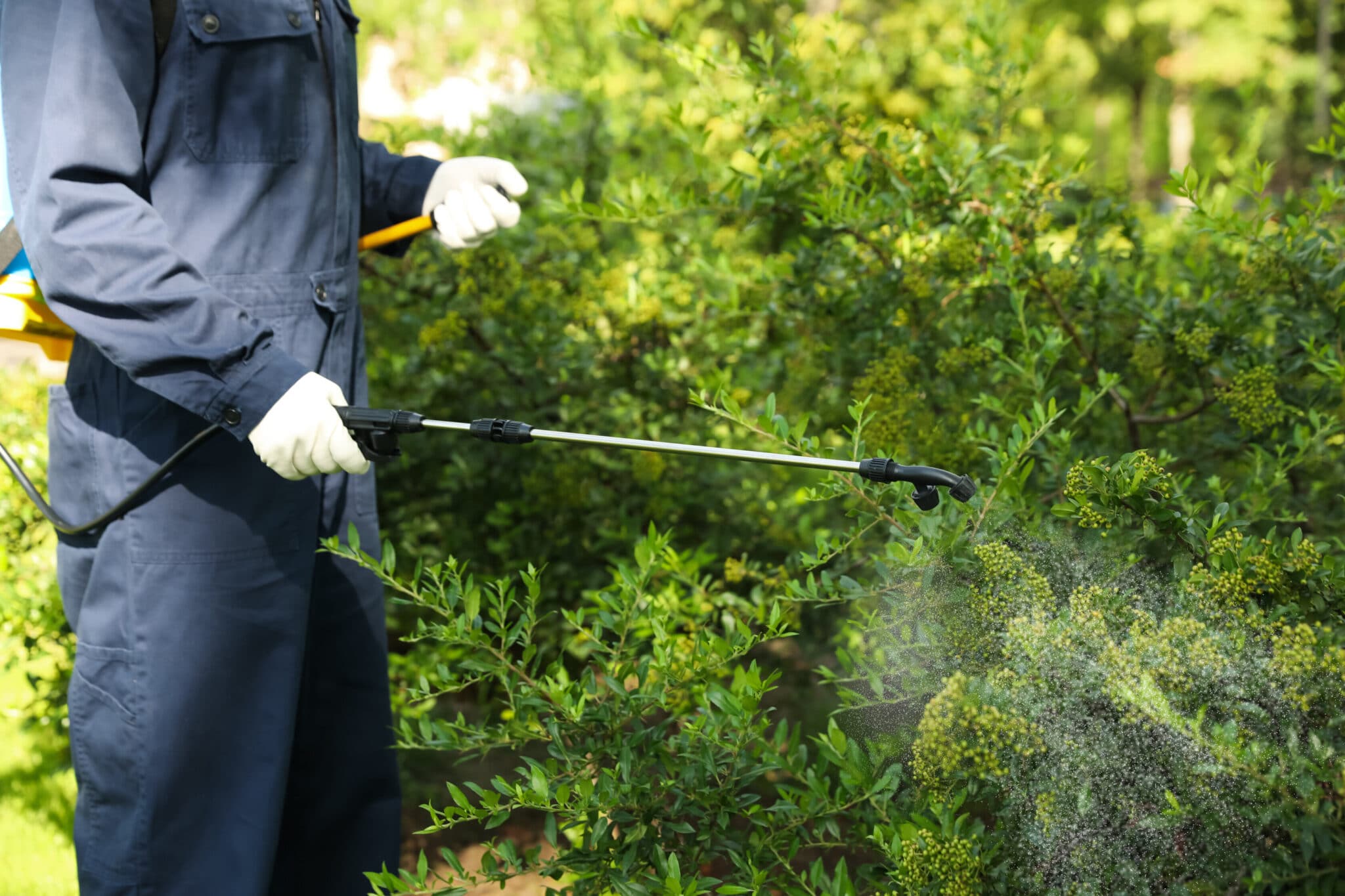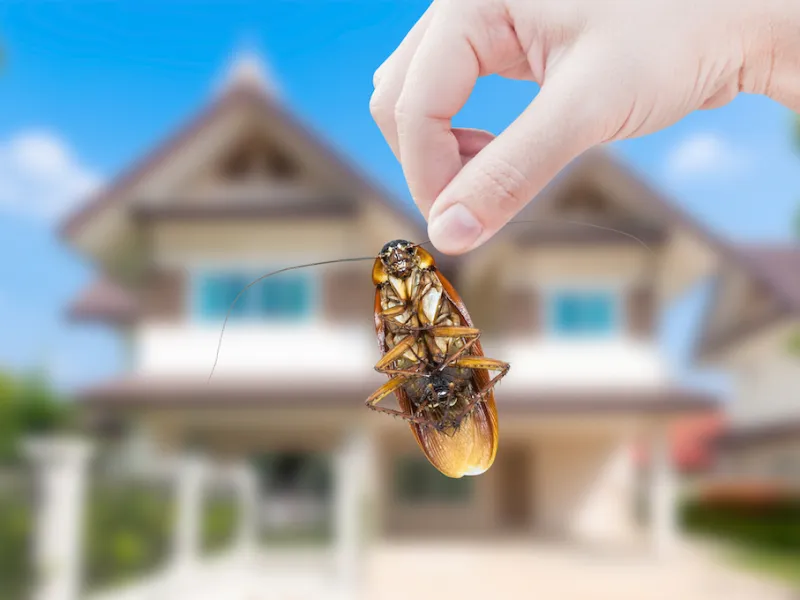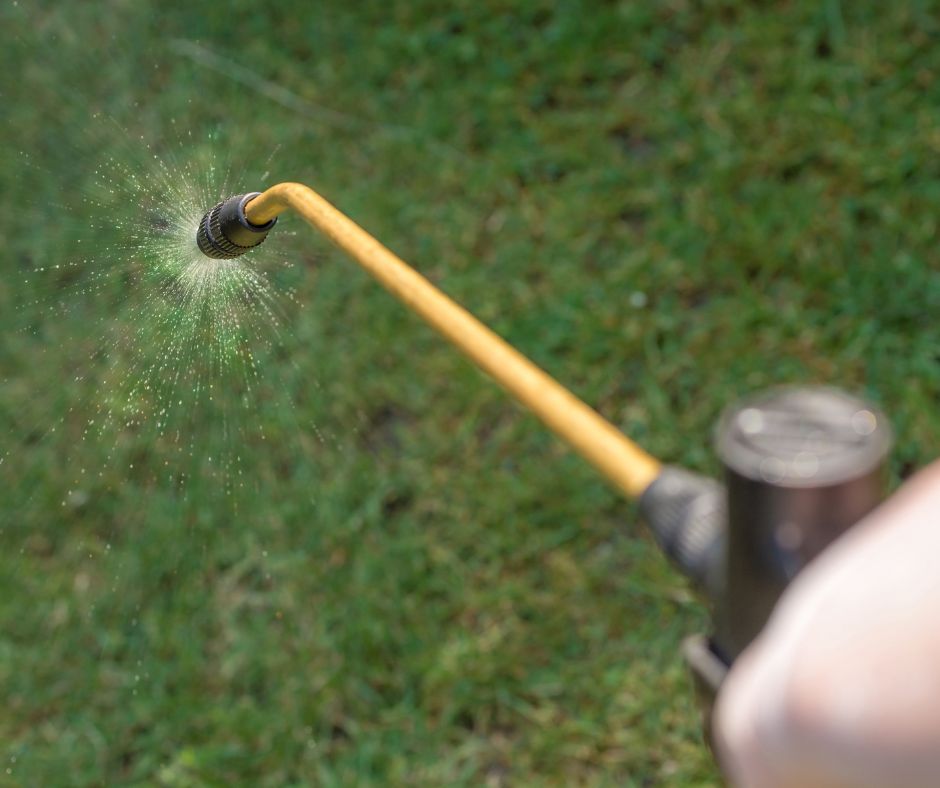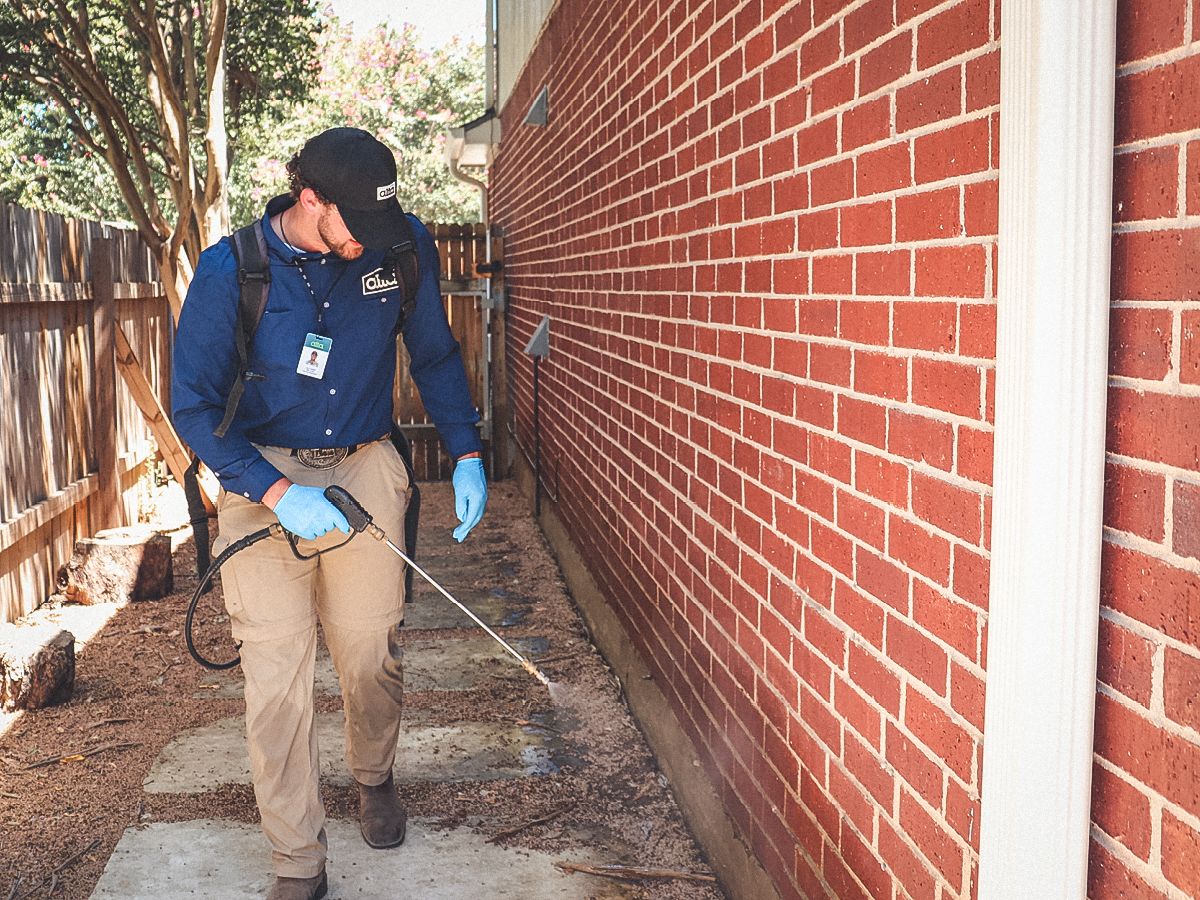Fast and Reliable Bed Bug Exterminator Port Charlotte Services for Stress-Free Living
Fast and Reliable Bed Bug Exterminator Port Charlotte Services for Stress-Free Living
Blog Article
Discover the Importance of Pest Control in Keeping a Healthy And Balanced Environment and Therapy Methods

The Duty of Insects in Ecological Communities
Bugs, frequently watched entirely as nuisances, play a diverse function in environments that is vital for maintaining eco-friendly equilibrium. They contribute dramatically to different environmental procedures, including pollination, vitamins and mineral cycling, and bug control. Numerous insect types, such as butterflies and bees, are important pollinators for a broad array of plants, which in turn sustains biodiversity and food manufacturing.
In addition, pests act as target for countless killers, developing a vital web link in food internet. This connection guarantees the survival of numerous species and assists control populations within environments (Termite treatment Port Charlotte). Decomposer bugs, such as specific beetles and fungis, are critical in damaging down natural issue, thus enriching soil and assisting in vitamins and mineral recycling.
Alternatively, while bugs can be advantageous, their overpopulation or intrusion into non-native atmospheres might interrupt these eco-friendly features. This intricacy emphasizes the value of recognizing bug dynamics, as reliable parasite monitoring methods must take into consideration both their ecological functions and potential influence on human tasks. Stabilizing pest presence while minimizing injury is essential for preserving the honesty of ecosystems and ensuring farming efficiency.
Health Threats Related To Pests
The visibility of bugs in numerous atmospheres extends past their environmental roles, as they also pose substantial wellness dangers to animals and human beings. Numerous pests, consisting of bloodsuckers, pests, and rats, are providers of illness that can have major health effects. As an example, rats are recognized to transfer hantavirus and leptospirosis, both of which can result in extreme breathing and kidney issues, specifically.
Insects such as ticks and insects are infamous for spreading vector-borne illness like jungle fever, dengue fever, and Lyme condition. These diseases can cause high morbidity and death rates, especially in vulnerable populations. In addition, parasites like roaches and vermins can worsen allergic reactions and bronchial asthma, adding to respiratory troubles in people, especially those with pre-existing conditions.
Moreover, the visibility of parasites can cause emotional stress and discomfort, affecting general wellness. Contamination of food and surface areas by bug droppings and continues to be can bring about foodborne diseases, highlighting the value of preserving hygienic problems. Consequently, recognizing the wellness risks associated with parasites is vital in recognizing the need of reliable parasite monitoring approaches to guard animal and human wellness.

Benefits of Effective Bug Control
Efficient pest control is necessary for maintaining a risk-free and healthy and balanced environment, as it regularly reduces the many dangers associated with pest problems. One of the main benefits of reliable bug administration is the reduction of health and wellness dangers.
Additionally, reliable bug control safeguards building and structures from damage. Lots of insects, like termites and woodworker ants, can trigger substantial structural damages that may call for expensive repairs. By proactively taking care of these companies, homeowners and invasions can shield their investments.
One more substantial advantage is the improvement of general lifestyle. A pest-free environment contributes to psychological well-being and minimizes stress action pest control and anxiety associated with invasions. Effective insect control promotes a much safer atmosphere for kids and family pets, making sure that homes continue to be refuges cost-free from disease-causing organisms and harmful chemicals.
Common Pest Control Techniques

In the world of parasite administration, various strategies are utilized to combat problems successfully. These techniques can be broadly categorized into 3 primary approaches: social, mechanical, and chemical controls.
Cultural control entails customizing techniques to minimize pest facility, survival, and reproduction. This may consist of crop turning, proper cleanliness, and environment manipulation, which collectively create an atmosphere less favorable to pest spreading.
Mechanical control uses physical methods to eliminate bugs (Termite treatment Port Charlotte). Strategies such as obstacles, catches, and vacuum cleaners are frequently made use of to straight remove pests from an area. This method is particularly effective for handling rodents and bugs without the use of dangerous chemicals
Chemical control entails the application of chemicals to take care of parasites. These materials can be classified into herbicides, fungicides, and insecticides, each targeting details kinds of bugs. It is vital to utilize these chemicals carefully, adhering to safety standards and laws to lessen prospective damage to non-target species and the environment.
Each parasite control strategy has its benefits and restrictions, and typically, an integrated strategy incorporating several methods yields the most effective outcomes in preserving a pest-free environment.
Lasting Bug Management Practices
Lasting bug administration practices include a variety of methods created to reduce ecological effect while efficiently regulating bug populations. These techniques prioritize making use of environmentally pleasant techniques over chemical pesticides, thereby lowering the danger of harm to non-target types, including valuable bugs, wildlife, and humans.
Integrated Insect Monitoring (IPM) is a foundation of lasting methods, incorporating biological, social, mechanical, and chemical tactics to handle pests. Organic control entails introducing all-natural killers or parasites to reduce parasite populations. Social techniques, such as crop rotation and polyculture, interfere with pest life cycles and improve ecological community resilience.
Mechanical methods, such as barriers or traps, can successfully protect against pest gain access to without chemical treatment. In addition, maintaining healthy environments via appropriate dirt management, plant health and wellness, home free pest control and biodiversity can naturally alleviate parasite concerns.
Education and awareness are important elements, encouraging individuals and communities to acknowledge bug dangers early and apply preventative measures. Termite treatment Port Charlotte. By fostering a holistic approach that balances insect control useful source with ecological integrity, sustainable pest management practices not just shield plants and frameworks however likewise add to a healthier environment for future generations
Verdict

Recognizing the health and wellness risks connected with bugs is critical in identifying the requirement of effective parasite administration strategies to guard animal and human health and wellness.
Effective bug control is vital for maintaining a safe and healthy setting, as it regularly minimizes the many risks connected with pest invasions.Integrated Pest Administration (IPM) is a cornerstone of lasting methods, combining organic, social, mechanical, and chemical techniques to take care of insects. By recognizing the role of parasites, recognizing connected health dangers, and using diverse treatment strategies, a sustainable technique to pest monitoring can be achieved. Integrated Bug Management (IPM) emphasizes an alternative technique that reduces damage to beneficial organisms while successfully controlling parasite populaces.
Report this page